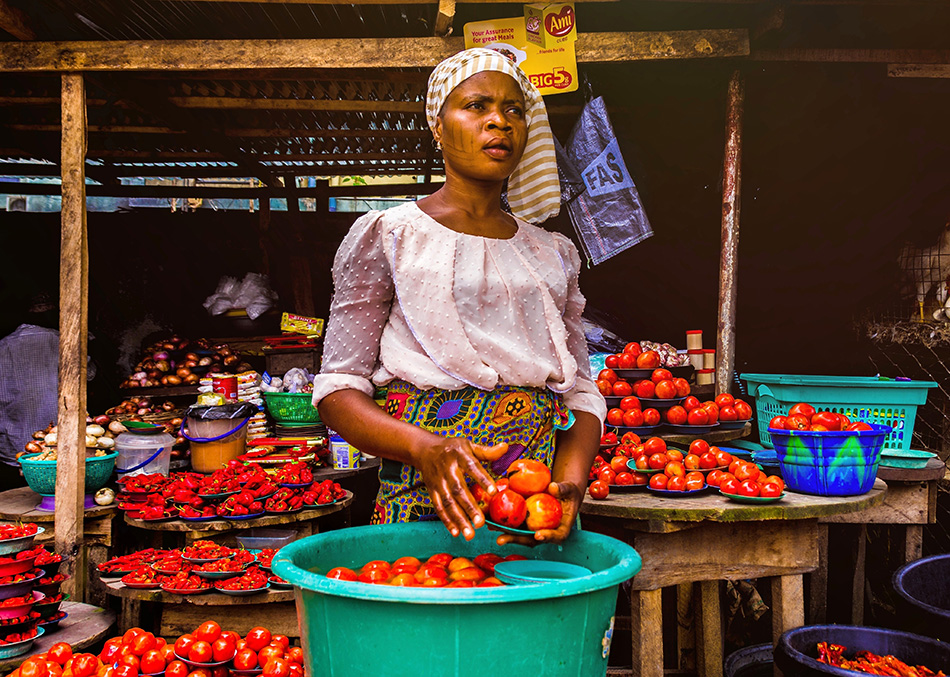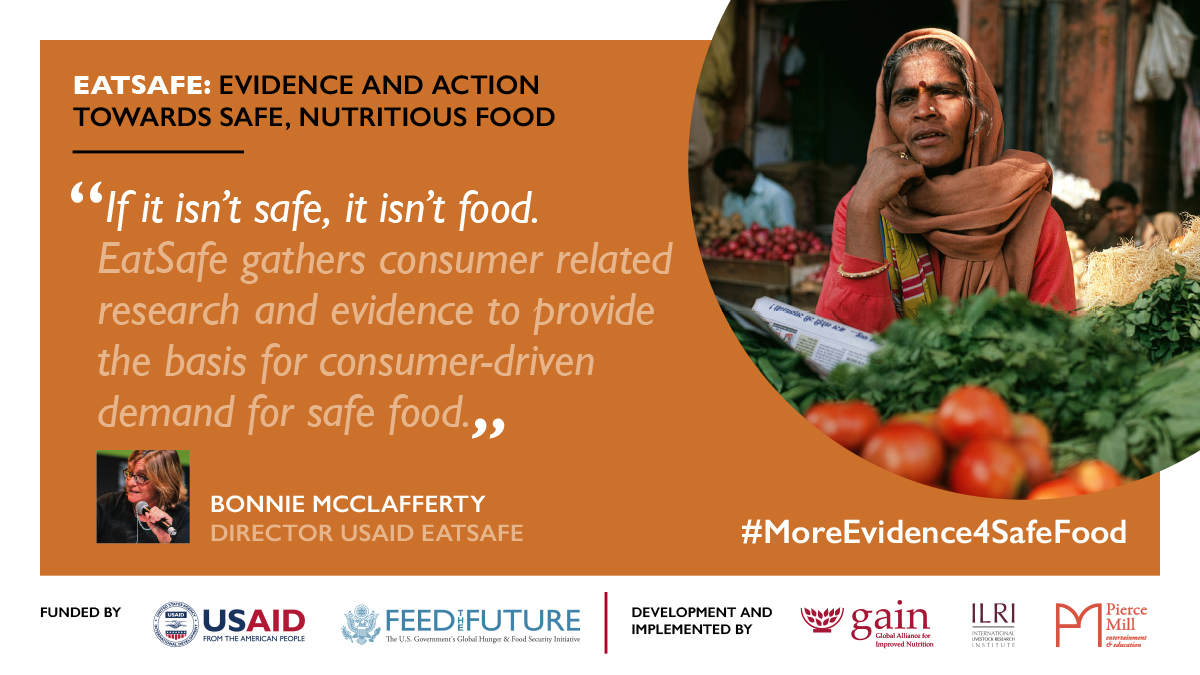On the occasion of World Food Safety Day 2021 on 7 June 2021, a panel discussion by experts, which was hosted by EatSafe, concluded that not enough is being done to understand the issues around food safety, and that consumer demand is integral to driving food safety advances.

Subscribe to our Telegram channel to get a daily dose of business and lifestyle news from NHA – News Hub Asia!
The Interview Cruncher – an expert panel discussion – was organised by EatSafe, the five-year research and learning program sponsored by USAID and led by the Global Alliance for Improved Nutrition (GAIN). It was moderated by Bonnie McClafferty, Director, EatSafe at GAIN.
The panel was made up of Mohamed Nasser, Regional Advisor Food Safety and Quality Assurance, World Food Programme, Dakar/Senegal; Prof. Olugbenga Ben Ogunmoyela, Executive Director, Consumer Advocacy for Food Safety and Nutrition Initiative (CAFSANI); and Priya Prakash, Founder & CEO of HealthSetGo and Youth Champion for Act4Food Act4Change.
In 2015, the WHO reported that over 400,000 people died annually from foodborne diseases. In 2018, the World Bank estimated that food safety costs USD110 billion a year in lost productivity through illness and health costs, with sub-Sahara Africa affected the most. But more reliable and current data is needed.
Bonnie McClafferty said, “The human and financial costs of poor food safety are appalling yet it is being widely ignored. That has to change and we need to take action now to achieve better health outcomes for the 600 million people who each year get sick from unsafe food.”
“We need to build a solid understanding of consumer values and perceptions so we can learn how we can foster a vendor- and consumer-led change. In parallel, we need to implement food safety governance and surveillance where often there is none at all while developing the capacity and infrastructure for change.”
“We’re calling on governments and donor groups to provide resources for further research so that evidence-based decisions about food safety measures in traditional markets, to ensure safer foods.”
EatSafe has also launched the initial findings of its research into operations at traditional markets in Bangladesh, Kenya and Nigeria, based on over 2,000 vendors and consumer interviews. Vendors are in favor of better COVID safety practices, while consumers find them difficult to maintain. However, consumers have been making greater use of mobile money and shopping trips have been shorter and closer to home. There has also been an increase in cleanliness, particularly handwashing.
Mohamed Nasser said, “Without food safety, there is no food security. The basics already started during the pandemic should be continued, like hand hygiene and cleanliness.”
Prof. Olugbenga Ben Ogunmoyela said, “We need to rebuild traditional markets and make sure policies embrace them, by upgrading facilities. And consumers must be given a voice in shaping the markets.”
Priya Prakash said, “We have to empower traditional markets to use technology to connect with consumers. It is becoming the preferred mode of commerce for the youth. Street vendors beginning to accept digital payments is a great first step in that direction.”
Source: EatSafe





